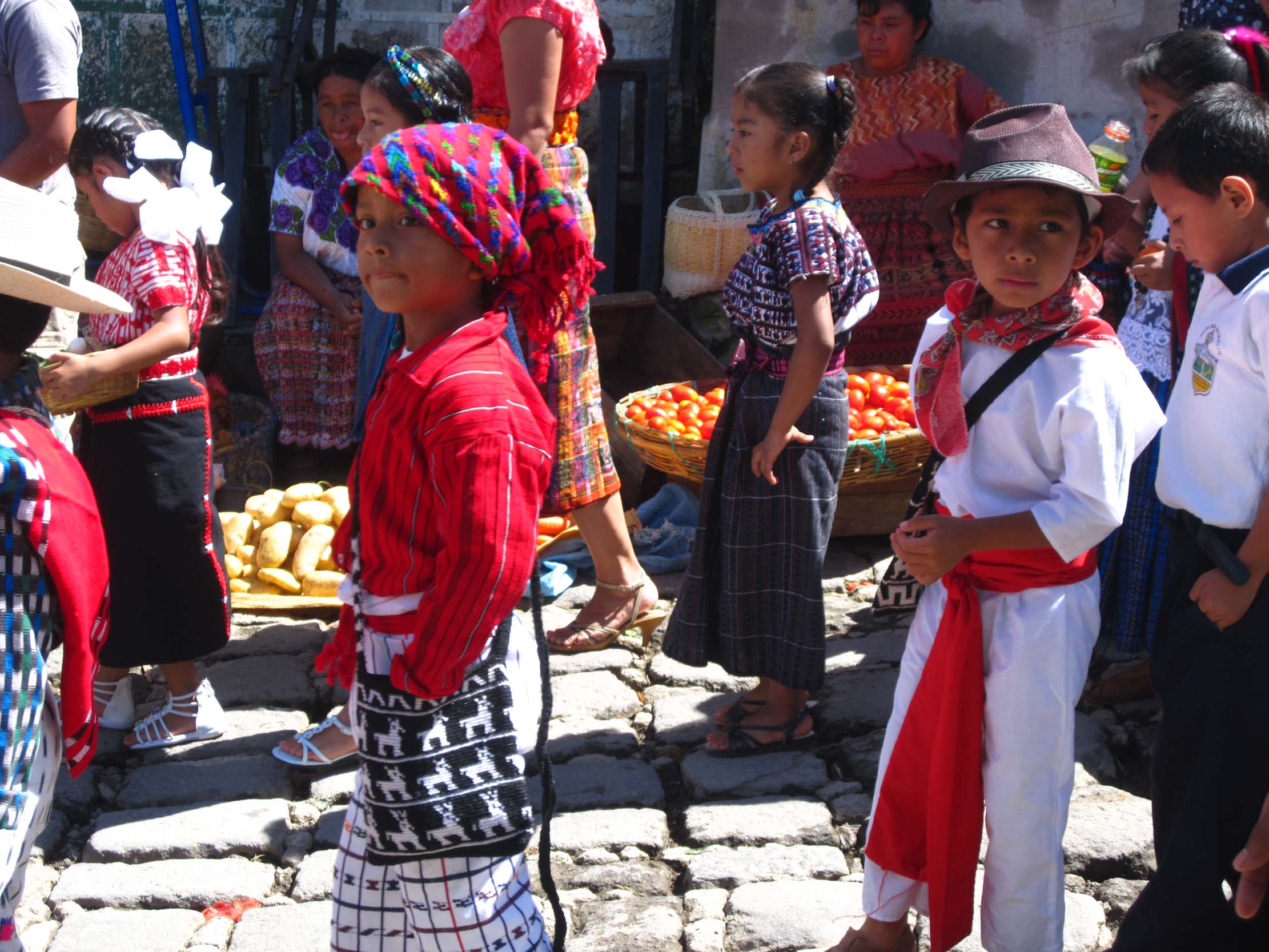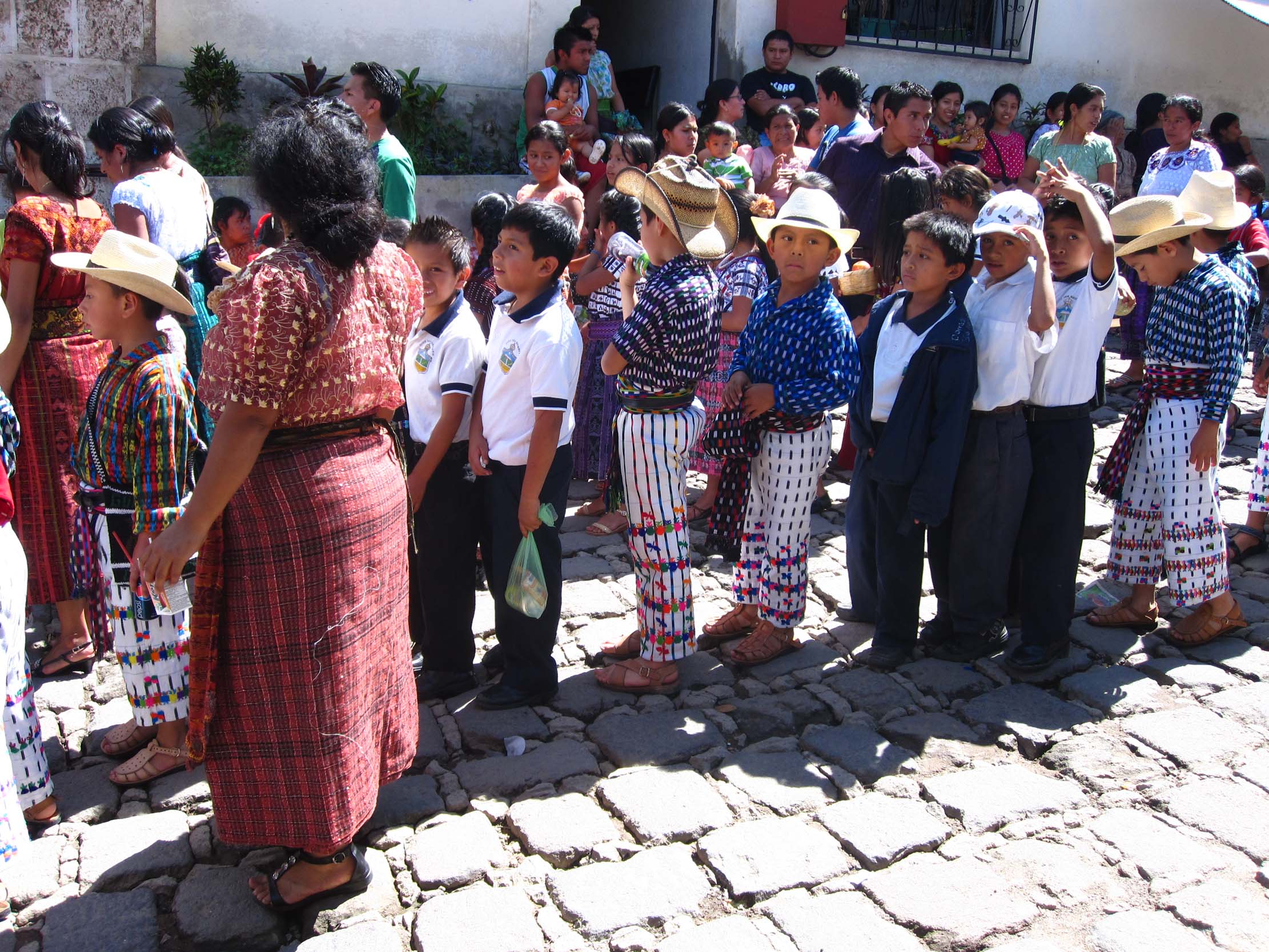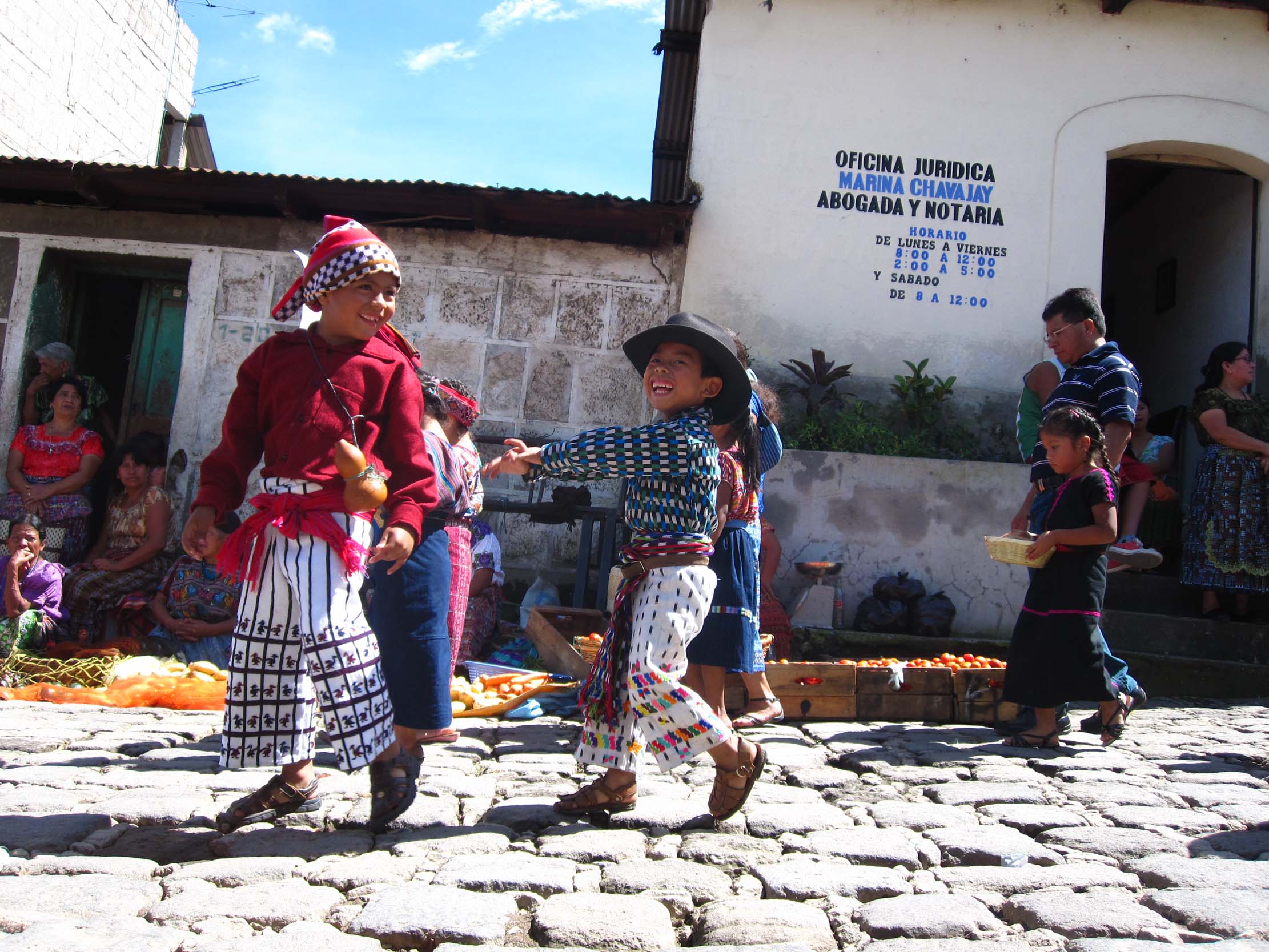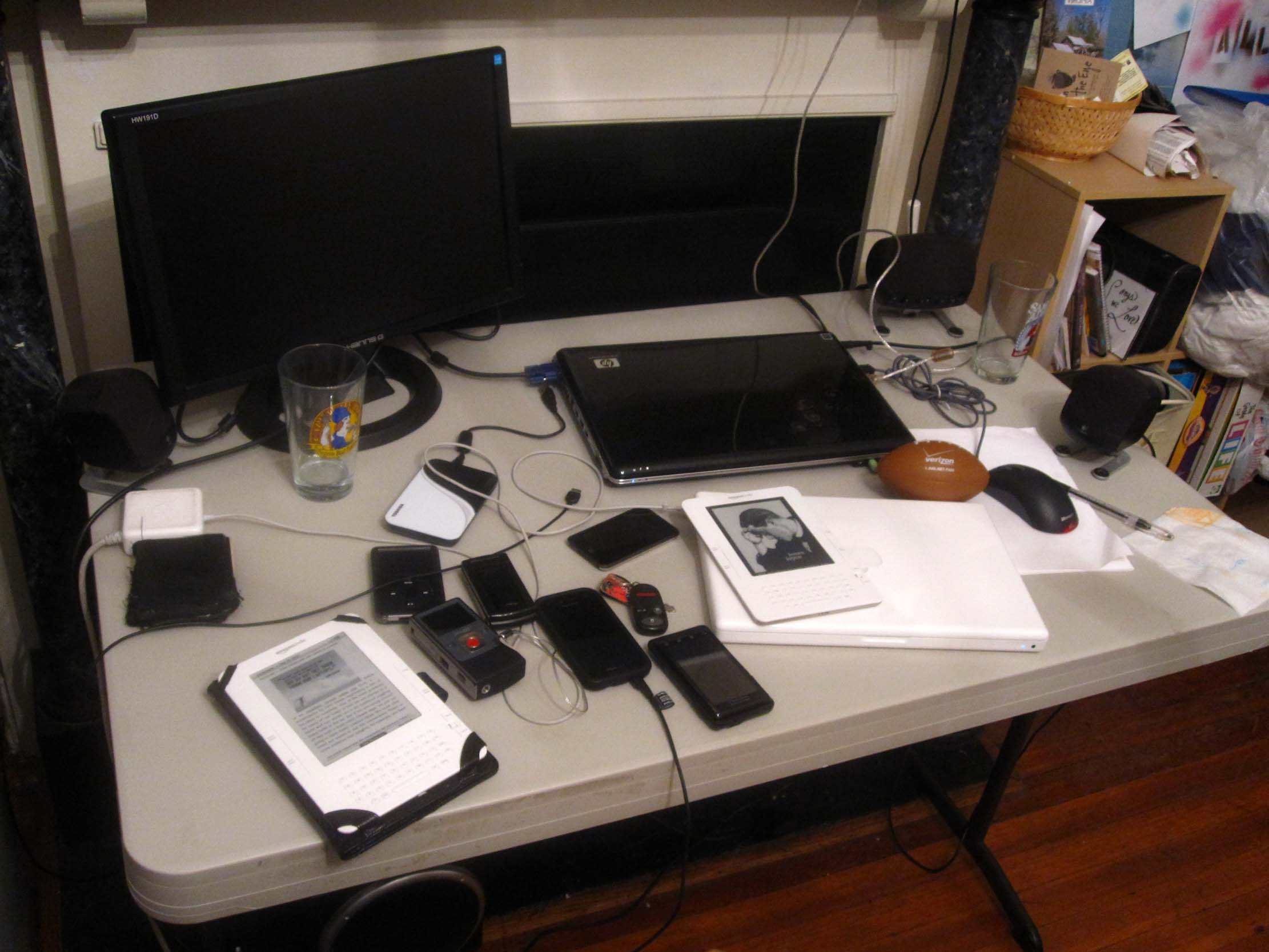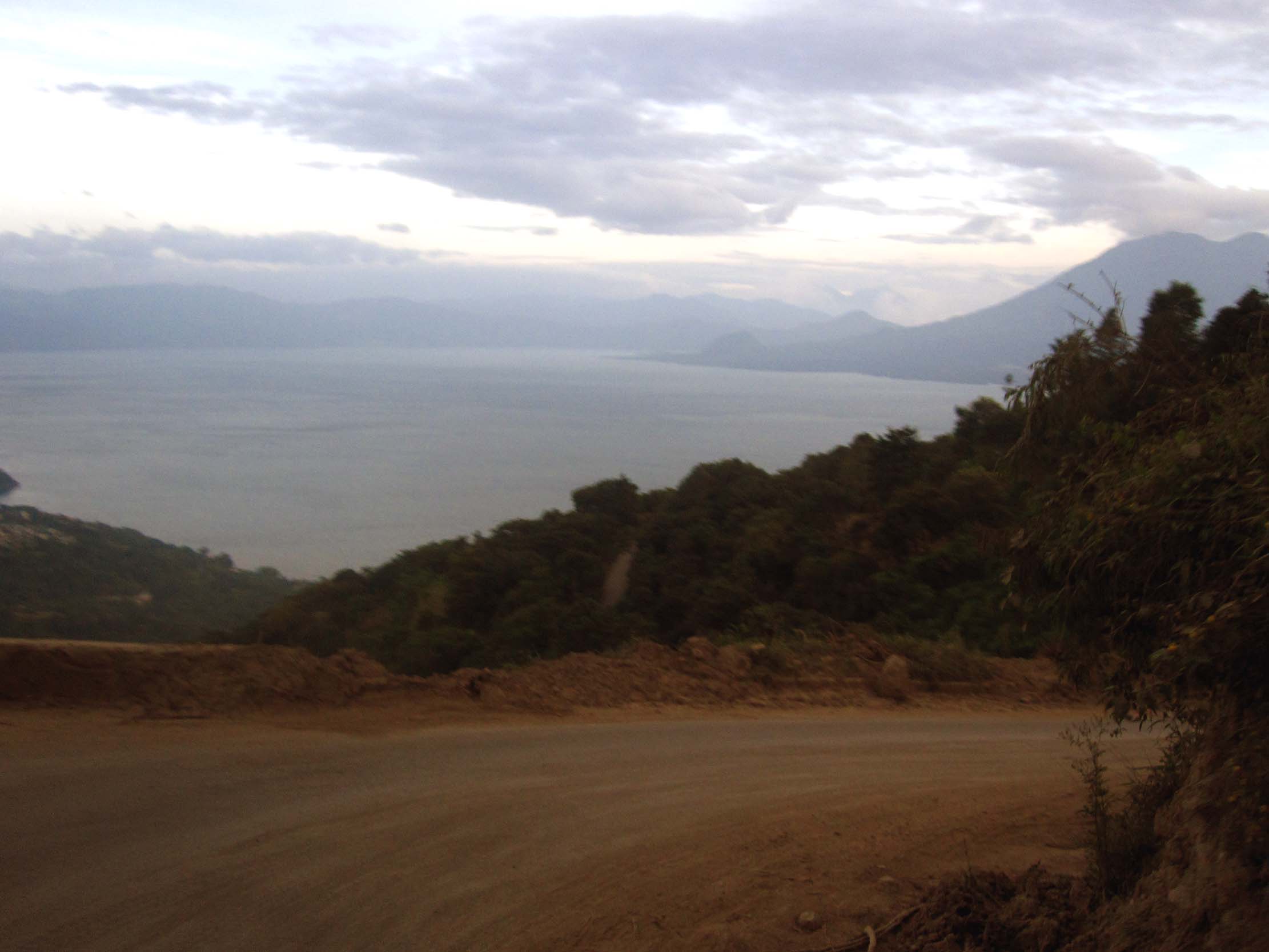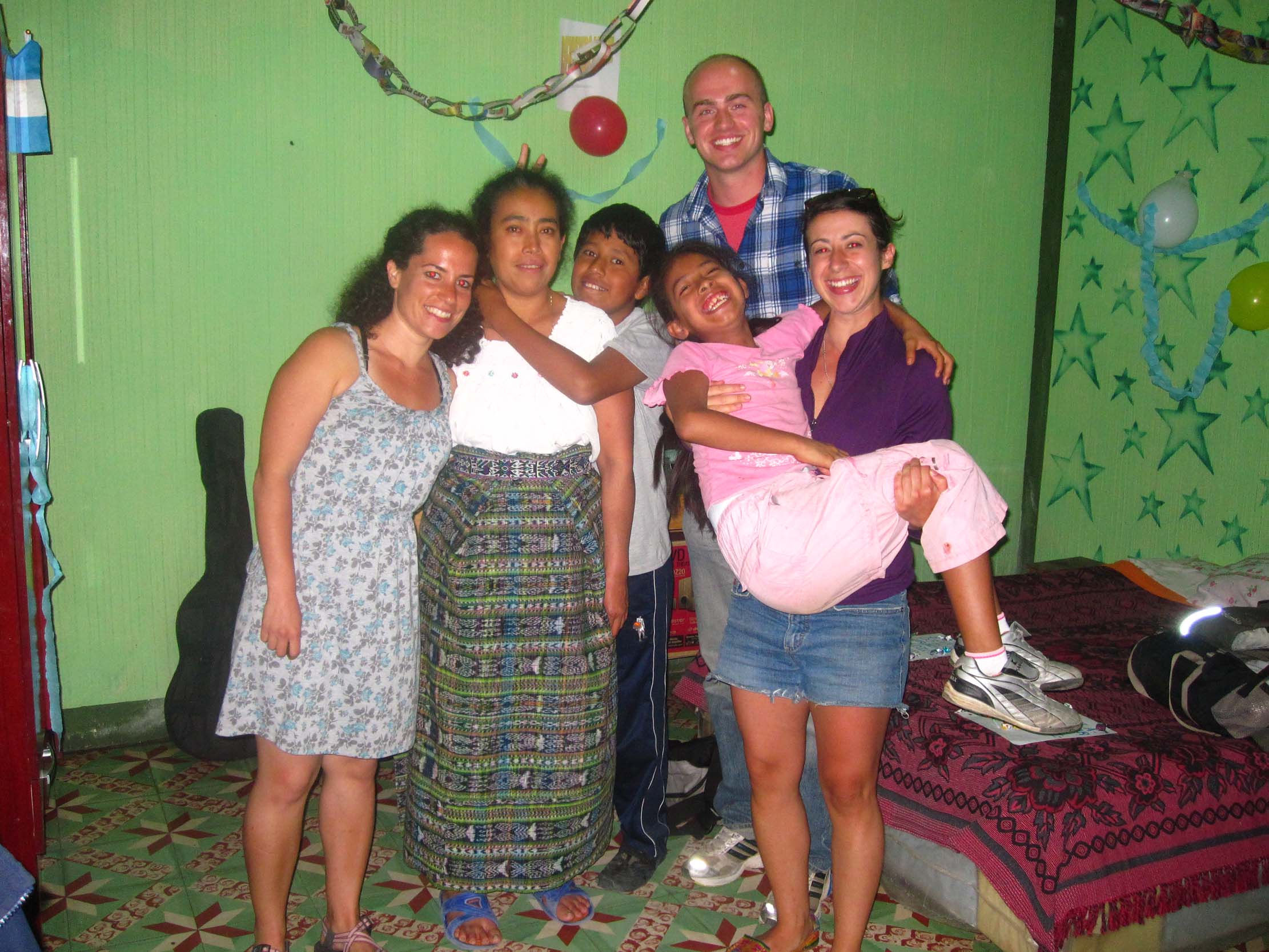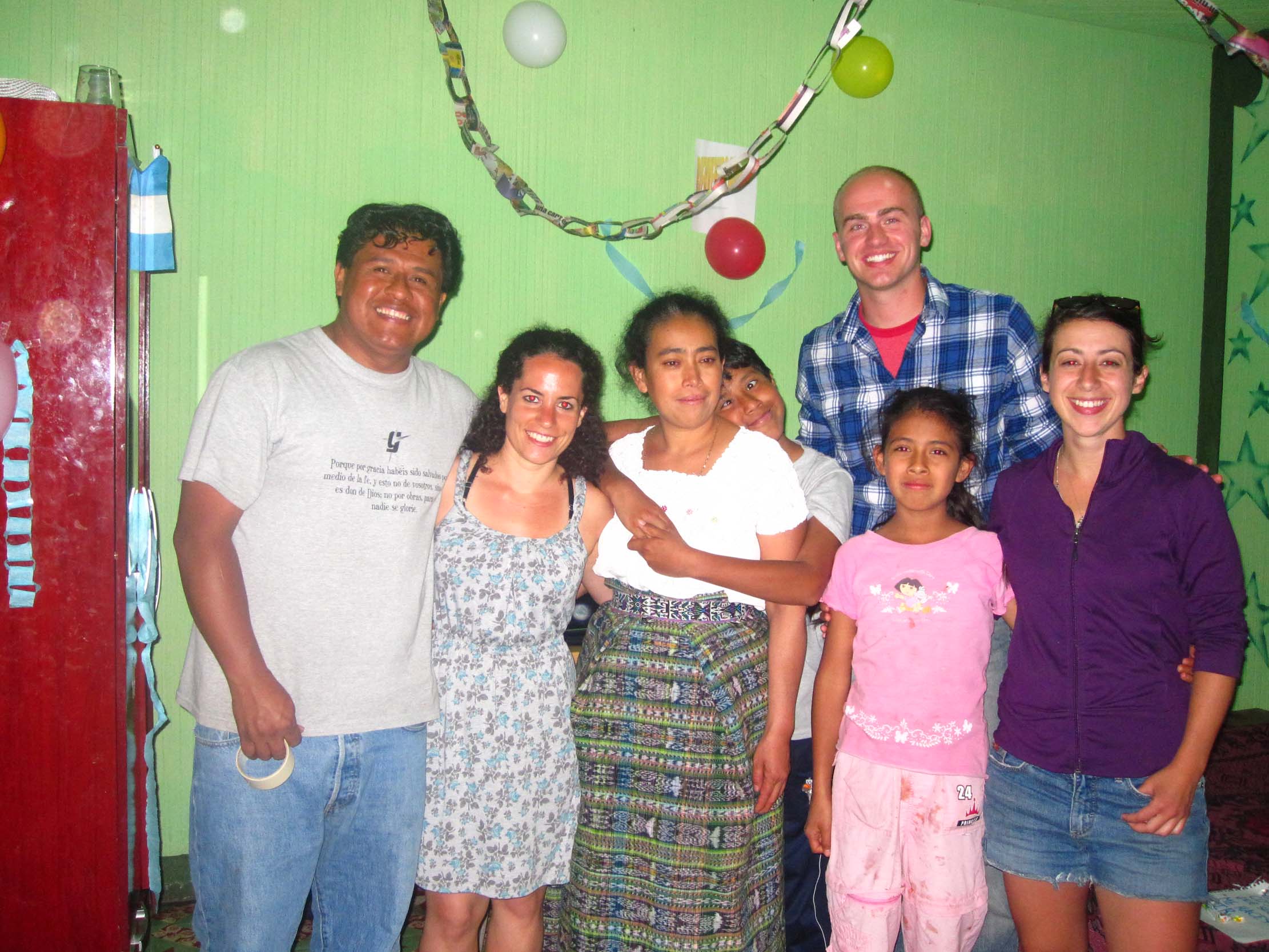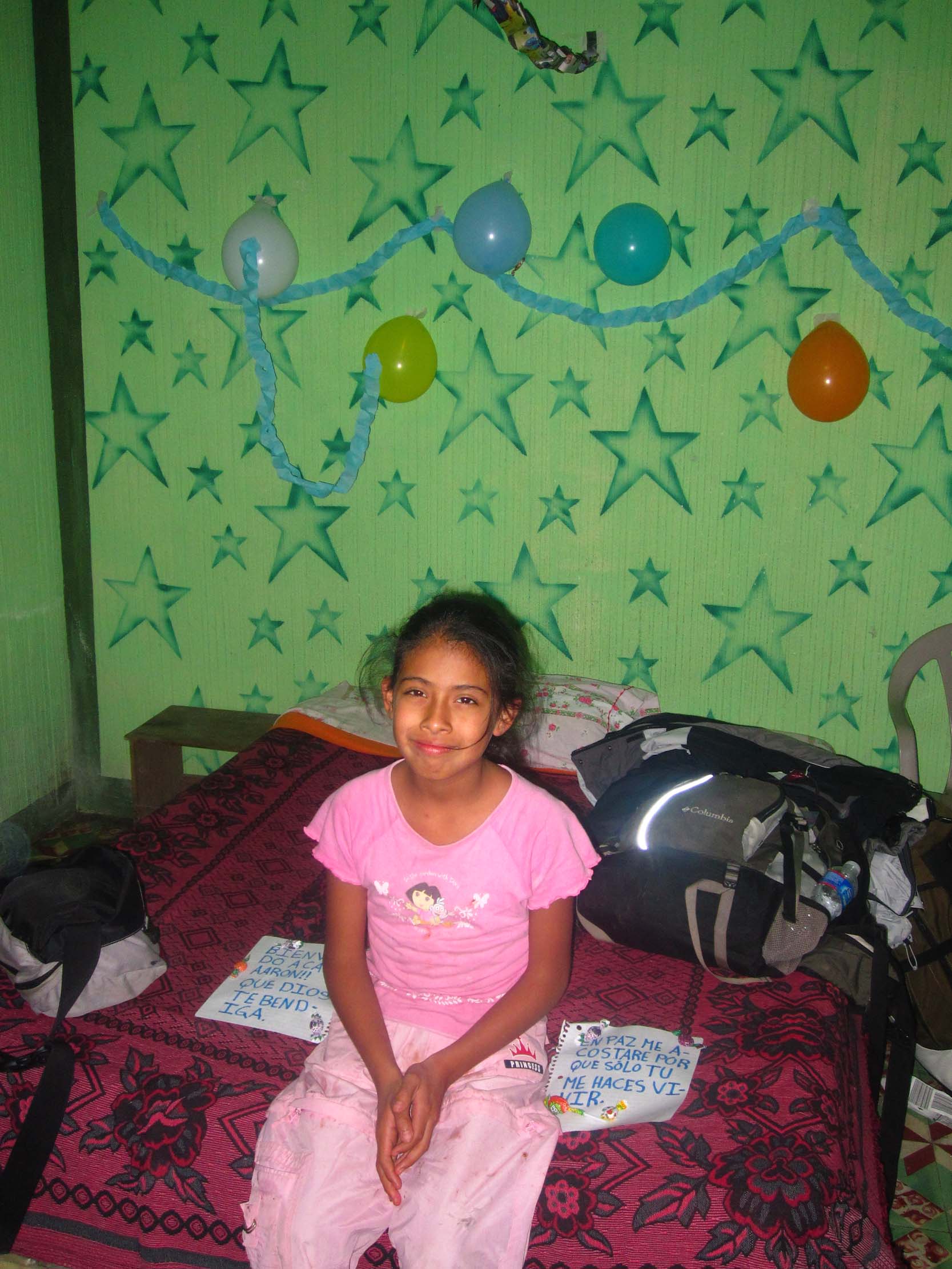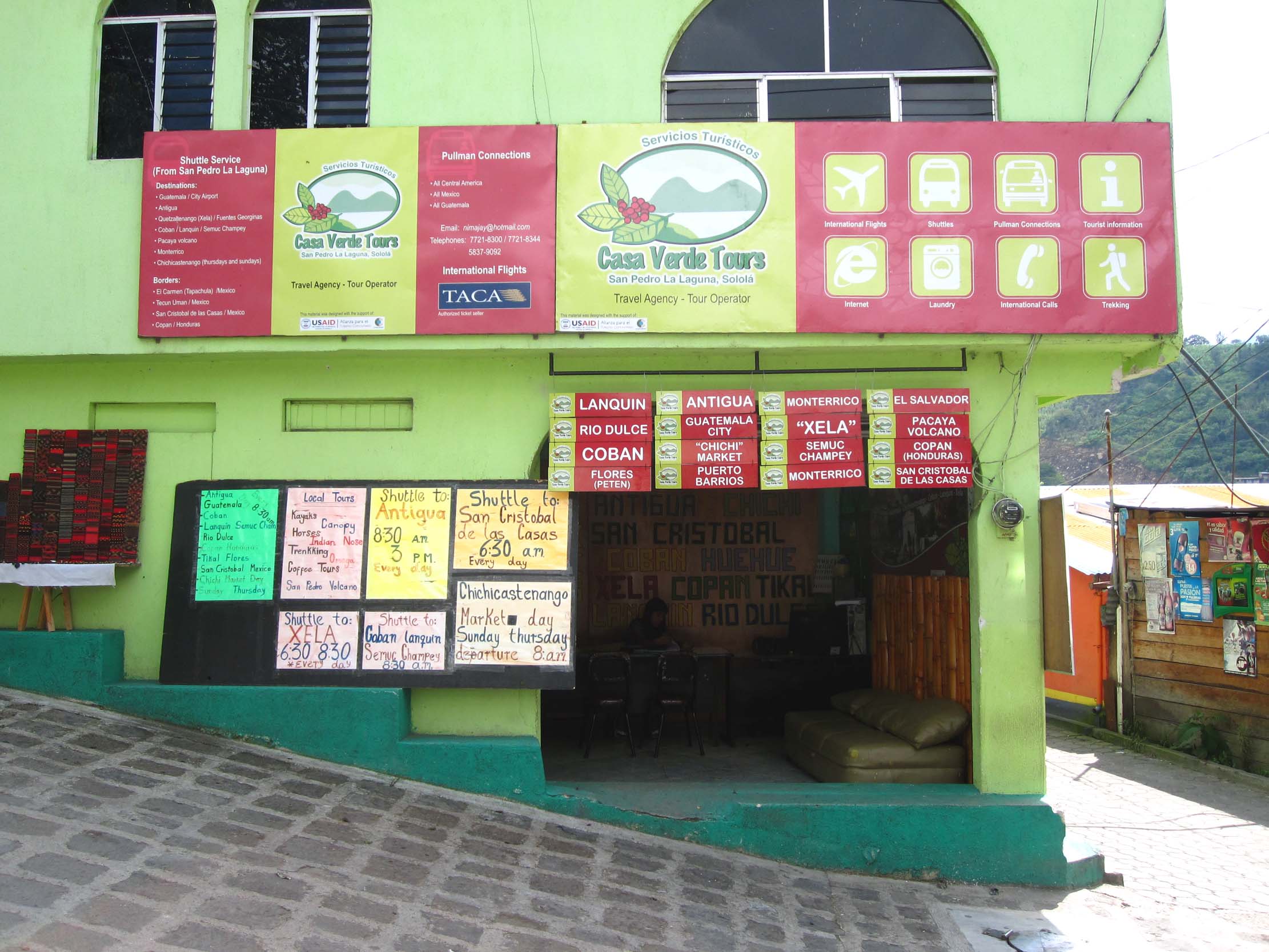Everything we have is from the contribution of others. I’m starting to see that much more clearly. I know that my trip and my service abroad would not be possible without the financial and emotional support from my friends, my church, and my family. I want to say thank you to you all. Without you, this would not be possible for me.
I’ve thought a lot about what I have and what I’ve been able to do, and truly, it has been possible, only by the contributions from others. I think there is something crucial that separates one generation from another, and this happens only with maturity. It’s the belief in investment. The older generation believes in investing in the future. Why? Because it’s a good thing to do? Because it makes them feel good to love their families or financial support young people, or their college, or an organization? Or is it in part, because they know how the process works.
They know that the reason we are able to live in the present has been made possible by the investments of the people who lived before us, and in order to keep this process going, we must invest. Invest time, love, energy and even a little more. I think they recognize that every entity of life is a system. A system of inputs and outputs, and quite simply there will be no outputs if we do not keep putting more in.
- We won’t have more crops if we don’t plant more seeds.
- We won’t have better students if we don’t teach them.
- We won’t have well behaved sons and daughters if we don’t instruct them.
- And we won’t have love unless first love.
I guess growing up, we just take. We take what people give and we always believe there will be more money, or energy, or love. I realize now, that there was always more because my parents always put more in. I was drawing from an account that was not made magical by anything other than by the magic of the effort made by my parents, my friends and my community.
I’m starting to pick up on this idea more as I travel. I get frustrated sometimes when I meet people who do not acknowledge or recognize what came before them. They are here in San Pedro only to party and to extract as much value as they can out of this location. They aren’t interested in learning about the culture, the language, or the reasons why this place is so nice, they’re just looking for a cheap place to drink.
Of course, not all travelers are like this. I have had plenty of meaningful conversations with people from all over the world that talk about their community, their city, and their family with a glowing appreciation for everything that has been done for them. And many times, they desire to invest in the same system that made it possible for them to be who they are, to work where they worked, and to travel where they travel.
Maybe the difference is in the word “privilege.” All travelers I’ve met, including myself, are privileged. We are a part of the specific group of people who have the funds and the time to travel. Some of us recognize this privilege and feel “gratitude,” others recognize this privilege and feel “entitled.” It’s like they are saying “of course I have money to travel” or “of course I’m from a wealthy nation . . . it’s just how things are.”
I believe that “how things are” comes from thousands of investments. People who make investments in our lives to teach us, build roads for us, clean our communities, organize our sports teams, assemble our churches, and in the simplest of terms – people made investments to love us.
And without these consistent investments the whole system will break down.
So thank you to everyone who has loved me. I am who I am, and I am where I am because of you.
I love you back.

